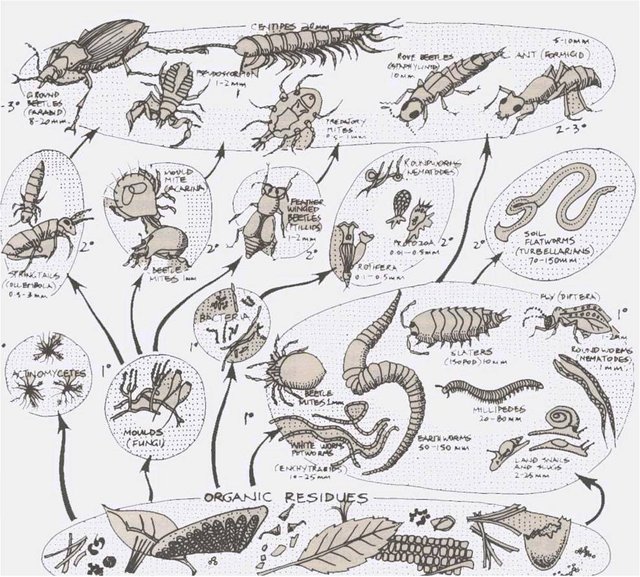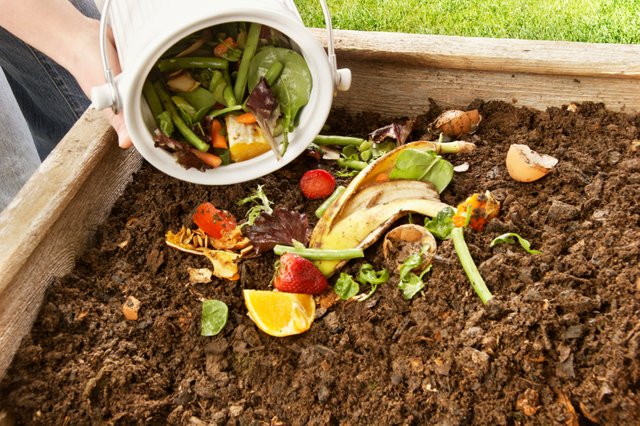Veganic Cultivation: Making The Most Of Nature In Your Garden

With many of us looking for new and healthier ways to cultivate cannabis, growers are moving past organic cultivation and are exploring the benefits of veganic cultivation. Veganic cultivation is a method of horticulture that does not utilize any animal products, instead turning to soil enriching microbes and plant based nutrients.
There are several reasons why growers and cannabis consumers are turning to this newer healthier way to produce the highest quality organic marijuana. Veganic cultivation looks to replace the nutrients that come from animal bi-products, present in most organic nutrient blends, with fermented plant based nutrients. Nutrients made from animal bi-products not only impact the quality of the bud produced, but also negatively impact soil pH which then can interfere with your plant's ability to take in nutrients. Organic fertilizers made from animal products, leave residues behind. These residues affect taste, potency and aroma. Veganic gardening also systems don't require pH management and they provide an overall healthier ecosystem for your plants to thrive in.
Leading the charge in veganic cultivation is the legendary Kyle Kushman. Kushman is a five time High Times Cannabis Cup winner and the founder of Kushman Veganics. Kushman came across veganic cultivation in 2009. The origins of veganic gardening however go back to the forties. While it is not a new idea, Kushman is the first to pioneer this avenue of horticulture in the new millennium. While researching organic nutrients, Kushman found that most organic compounds used in cultivation are comprised of animal bi-products. In nature, a plant might be seldom exposed to the remains of an animal, whereas in organic cultivation, they are being exposed to animal products on a regular basis, far exceeding what they would have been exposed to in nature.

Animal residues breakdown slowly in cannabis. After the plant metabolizes the nutrients, animal residues still remain. This affects your overall quality and is particularly noticeable in the taste of the finished product. Kushman is confident that cannabis grown using a veganic nutrient system is the cleanest cannabis you will find. Increased potency is an additional benefit of going veganic according to Kushman. By ensuring maximum nutrient bio-availability through the application of beneficial microbes, you ensure maximum potency. The only bi-product of plant based nutrient metabolism is a complex carbohydrate which is then consumed by microbes in the soil, continuing the cycle.
Veganic cultivation depends on soil full of various bacteria and fungi that take part in a process resulting in 100% nutrient bio-availability. Soil nutrient bioavailability is a measure of the amount of ingestible nutrient in the soil by the plant's root system. Synthetic nutrients comprised mostly of salts can have absorption rates as low as 20-25%. Maximizing the soil's bioavailability is the key to veganic cultivation.

The plant based nutrients have to be converted. Plants depend on microbes to metabolize nutrients in the soil, turning them into a form that can be readily absorbed . Beneficial bacteria and fungi, like several of the Actinobacteria and Bacillus species, consume and break down decaying plant matter, excreting it into a nutrient form that the plant's root system can take in. The relationship between the microbes and the plant becomes one of life or death, both depending on each other for survival. By applying the beneficial microbes to your soil as part of a veganic regimen, you help ensure the that your plants are absorbing as much of the available nutrients as possible.
Making a compost tea is an easy way to introduce your veganic nutrient blend to your plant's root system. A good tea starts with a good compost. You can buy microbes to add to your soil however a compost creates its own micro-environment in which these beneficial bacteria and fungi thrive. A good compost should be made of mainly decaying green waste. Greens will provide the bulk of your primary macronutrients. You can use grass cuttings, old fruits and vegetables, seaweed and just about any green plant. The breakdown and reuse of decaying organic matter is the beginning of the cycle of life. Decaying trees and other plants have fed the next generation since the dawn of time.

As the green waste decays, it becomes home to a community of insects, worms, larva, bacteria, fungi and slew of other organisms who consume the organic material. The nutrient rich excrement then goes on to become part of the compost fertilizer you will eventually use to feed your garden. The black sludge you find at the bottom of your compost bin is a combination of worm and insect excrement full of nutrients and beneficial bacteria. You'll want to avoid any animal products when making your compost for all the obvious reasons. There are different recipes for making a compost tea requiring different amounts of time, but fundamentally compost tea is made exactly as it sounds. You soak the compost in water and strain it out through a cheesecloth. One hefty shovel of compost will net you around five gallons of tea. The addition of these beneficial microbes to your garden will help your plants move toward 100% soil bioavailability.
The move toward veganic cultivation is the next logical step for organic cannabis growers. Veganic cultivation aims for 100% nutrient absorption by converting decaying plant waste into a thriving environment for beneficial bacteria and fungi. The bacteria and fungi in turn support a healthy ecosystem in which the plant can absorb all available nutrients. The nutrient rich environment void of animal fertilizers results in no residues being left behind and a cleaner, tastier smoke. If you are looking to push your yields and grow the best quality cannabis out there, going veganic will help you get there.
Author - Cory Hughes / Twisted Purple Media.
Twisted Purple Media is a cannabis content provider and original author of this article.
Twisted Purple Media holds the legal right to display or reproduce this content.
[email protected]
@twistedpurple
courtesy Maximum Yield Magazine
http://herb.co/2016/07/03/veganic-weed/
https://sensiseeds.com/en/blog/veganic-cultivation/
http://michiganmedicalmarijuana.org/topic/31136-veganic-soil-recipes/
Very interesting I love to read about marijuana
Thnks again!
veganic is the way to go if you have the space outdoors.
I don't have that space or time yet.
Interesting
I will follow you to see your future posts! +vote
Congratulations @twistedpurple! You received a personal award!
You can view your badges on your Steem Board and compare to others on the Steem Ranking
Do not miss the last post from @steemitboard:
Vote for @Steemitboard as a witness to get one more award and increased upvotes!